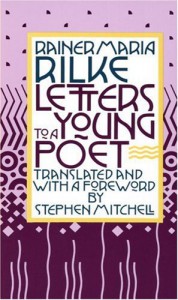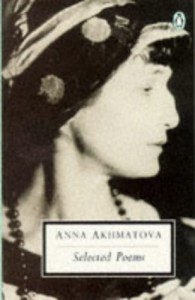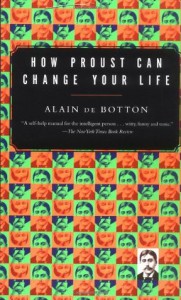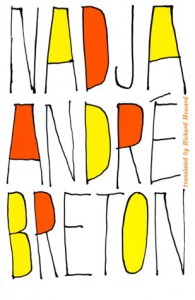
**This review first appeared in The Spectatorial**
There is a certain pride an author feels in their ability to take a reader to another place, whether real or imaginary. Other authors do not have this as their main goal, instead aiming to bring that far-flung fantasy into our immediate surroundings, or in this case, pretty close to that.
The Summer of Permanent Wants by Jamieson Findlay tells the story of eleven year-old Emmeline and her grandmother. They decide to spend their summer aboard a boat they have transformed into a floating used-bookshop, making their way from Ottawa up the Rideau Canal. If that isn’t an interesting enough plot in itself, the fact that Emmeline has an unusual problem where she cannot speak, read, or write adds to the sense of unusualness. What place could such a girl possibly have among books and in such a place where she is likely to encounter people without the ability to properly interact with them?
The story is indeed unusual from start to finish, beginning with Em’s condition and ending with the adventures the two have on their journey. Along with their cat Lafcadio and two crickets Cass and Nova, the reader is taken through eight tales Eight adventures take up a chapter each but are nonetheless tied together.
The character of Gran is the perfect example of how a reader of this book might react: expecting to find a logical approach and solution to each of the tales. But Findlay successfully proves that there is a touch of the unexpected and unusual in all our lives.
The Fourth Tale, “In the Court of the Reptile King,” for instance, begins with Em swimming in the Bay of Small Blessings when suddenly an anaconda swims towards her. The appearance of a boy named Tom takes the story into a strange yet somehow logical and realistic direction. The reptile breeding facility Reptile Haven, located on a small nearby island, is home to him, his uncle, and numerous reptiles of different kinds, one of which was the escaped anaconda. Secret visits from his aunt Mara lead to the reptiles’ escape and a full-scale hunt in the attempt to find them. The situation ends happily when the stubborn La Gomera lizards finally decide to mate.
However, the tale as a whole ends on a different note. Em senses a Presence, one that is old and wild, much more so than the Indian snake god Senesha. It’s the indescribable feeling you get of something much bigger than yourself, yet without a readily identifiable form or essence. It’s merely, overpowering and noticeable, hiding around familiar corners.
Others, like the Last Tale, “The Book of the Jewelled Net,” focusses on a notebook that falls into the hands of Em and her grandmother, a book that apparently contains all the information in the world. Its previous owner was rumoured to have been driven mad. He attempted to read it but always found the contents to change, discovering new pockets and secret fold-out pages that didn’t exist before. Em finds this out for herself, when on her second look through it she cuts open a page and finds Scrabble pieces inside and an illustration of her late grandfather’s boat, Cygnus.
To some, it may be a metaphorical approach to the journey of self-discovery and self-reflection, the belief that you always learn something new about yourself over the years or rediscover something you may have forgotten. The notebook is, after all, based on the Buddhist god Indra’s net, and it is well known that religion is perceived from various angles, depending on the viewer. Our emotions and memory are much like this notebook, only lacking the clear physical form that can be readily pointed at. We have the same mental tangles and hidden pockets, and at times can get lost in the search for a detail we know is somewhere within our inner pages.
The Fifth Tale, and my personal favourite, “A Patriot of the Night,” is about Em and her grandmother’s encounter with a woman named Tenebrio in Hathaway Falls, the home of what Tenebrio calls a “natural darkness.” She is on a mission to return it to her ‘country’ but is pursued by ‘agents of light,’ so to speak. With the help of the magician, the Great Zucchini, Tenebrio manages to make her escape when a vial of this darkness breaks and causes a mass blackout in the area, heading in the direction of the sky.
Darkness can be both physical and emotional, as many know, having encountered both forms on a daily basis. Science has not been able to explain everything—there is still the absence of an equation that could explain black holes, for instance. The arts often step in at this point, though in this case it is a gentle nudge to the reader in the direction of what appears at first glance to be pleasant absurdity. Darkness cannot be bottled, and no one fears the dark to the point where they avoid even small patches of shade. But these are so carefully woven into the storyline that it is difficult for them to feel out of place or ridiculous. If anything, these twists in the plotline are like landmarks you happily stumble upon after roaming near it with your nose buried in a map. Which brings it all back to Em’s condition.
Em gets through the entire story by using a mixture of sign language, gestures, and body language, as well as her own logic and, even more importantly, her curiosity. Em is a clear reflection of ourselves; her adventures are no different from the unexpected surprises each one of us encounters. Events from the past may seem absurd or logical, depending on how and when you reflect on them. But this doesn’t detract from their wonder and their validity.

 2
2




















